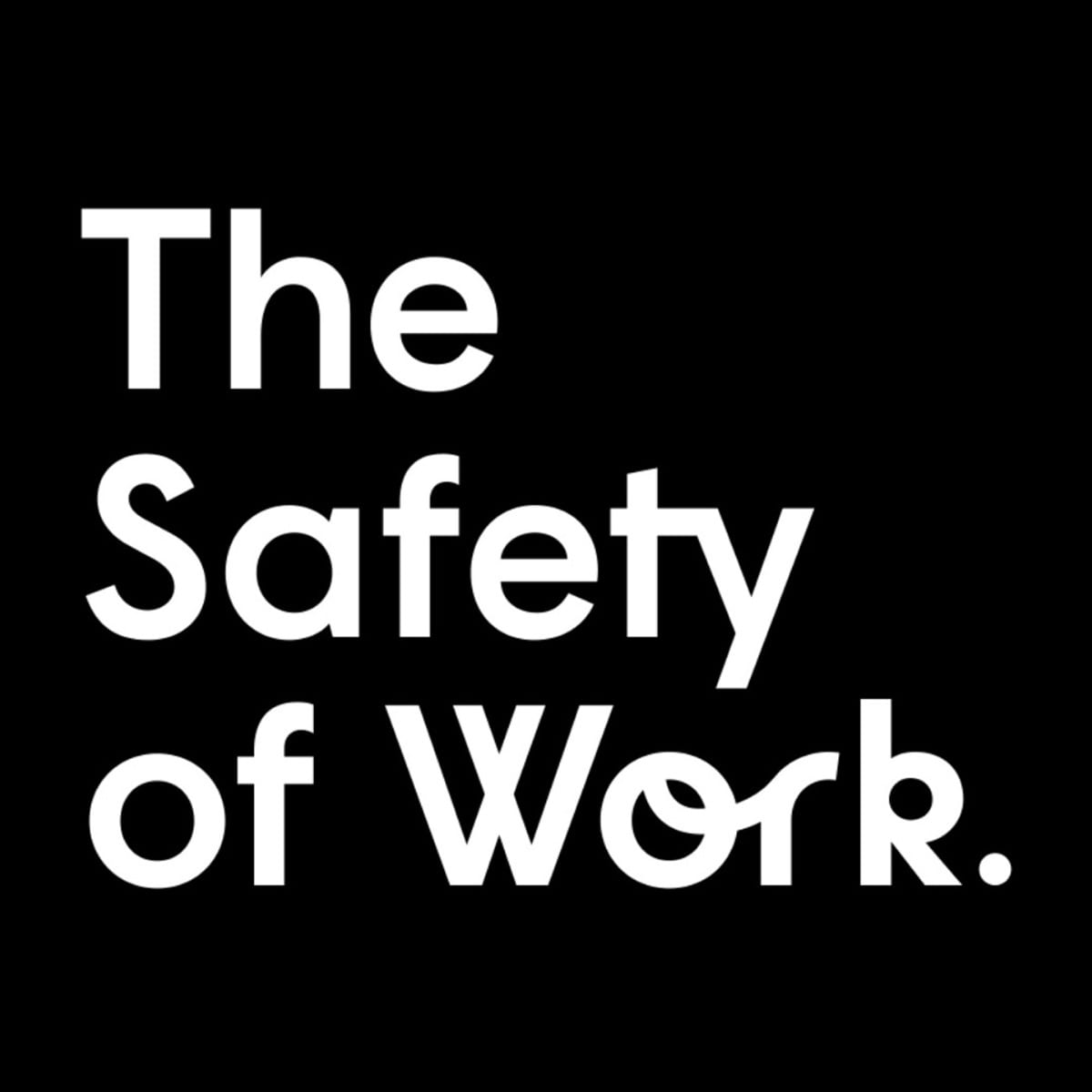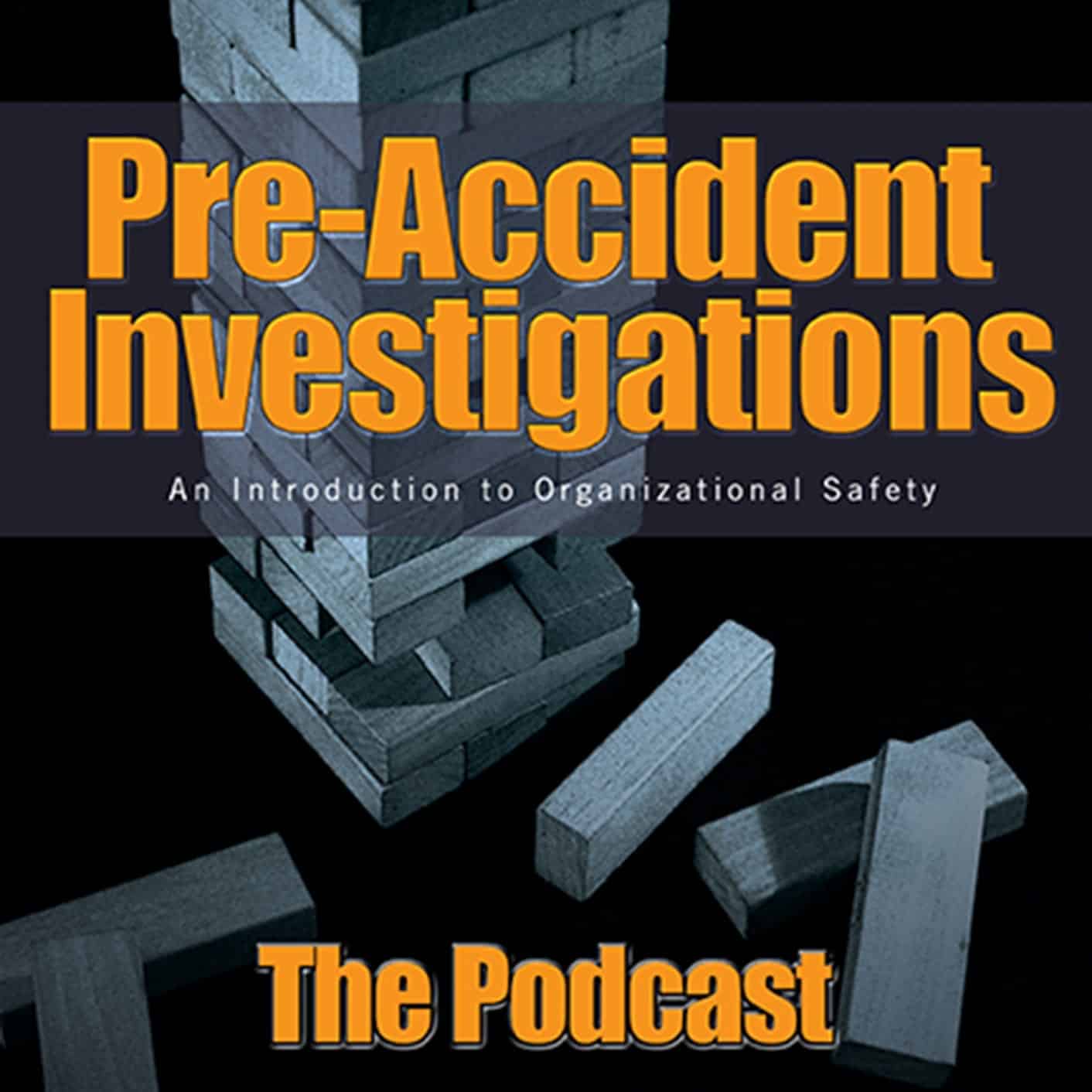Books we recommend
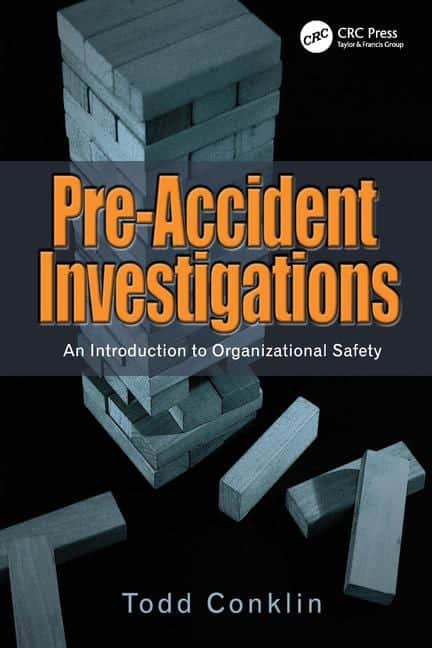
Pre-Accident Investigations
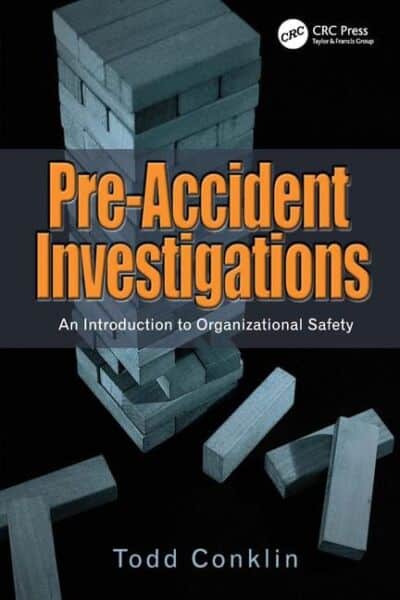 About Pre Accident investigations
About Pre Accident investigations
Pre Accident Investigations
Todd Conklin
“Time-pressed, professionals looking for practical guidance to shape their current or future safety programs should use this book. Pre-Accident Investigations: An Introduction to Organizational Safety helps to identify complex potential incidents before they take place. Based around the ’New View’ of human error, it offers established human performance theory in a highly practical context. Written in an engaging, conversational style, around several case studies, the book is grounded in reality, with examples with which anyone can identify. It is an ideal aid for senior safety executives who want to spread the safety message among their colleagues. It is also an excellent choice for course tutors looking for a narrative-led primer.”
Additional Information
Keywords
Todd Conklin, great book, organization, accident, culture, ideas, investigations, organizational, risk, speak
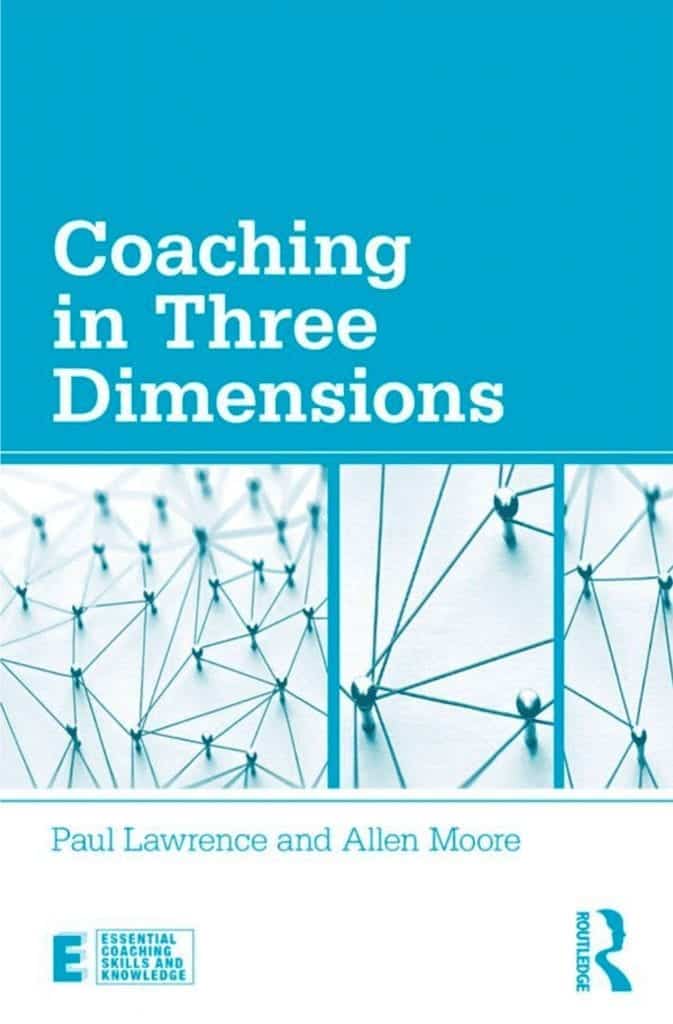
Paper Safe
 About Coaching in Three Dimensions
About Coaching in Three Dimensions
Coaching in Three Dimensions: Meeting the Challenges of a Complex World
Paul Lawrence and Allen Moore
2019
“Traditional approaches to coaching fail to account for the way organizations really work. Attempts to enhance leadership capability one person at a time, through private one-to-one coaching sessions, are unlikely to succeed by themselves. Coaching in Three Dimensions: Meeting the Challenges of a Complex World offers a more connected, systemic approach, aligning coaching with the realities and challenges of organizations operating in an ever more complex world.
Coaching in Three Dimensions is structured around a central model: the three dimensions of coaching. Using stories and case studies, the book enables readers to:
- Consider their current and desired approach to coaching: is it traditional, dialogic, or systemic?
- Identify which areas of practice they work in and wish to work in: one-to-one coaching, group/team coaching, and/or organizational coaching?
- Think about stretching their development as a coach in terms of competence, capability, and perspective: how do you enhance your capacity to manage the challenges of increasing complexity?
The book explains complexity using simple language and easy-to-recognize examples, and suggests pragmatic approaches going forwards. Coaches will learn how to expand their scope and impact, and to navigate the new and difficult challenges posed by contemporary businesses. Clients wishing to use coaching in complex change work will learn what to look out for in prospective coaches and how to best deploy them in their organizations.
Coaching in Three Dimensions will appeal greatly to all coaches, including those working with organisations, students and those in training, as well as HR and OD professionals and senior leaders.
(“Coaching in Three Dimensions: Meeting the Challenges of a Complex World”, 2018)
Additional Information
Reference
Lawrence, P., & Moore, A. (2019). Coaching in Three Dimensions: Meeting the Challenges of a Complex World. Oxon: Routledge..
Keywords
Coaching, Dialogic Organization Development, Dialogue, Learning Teams
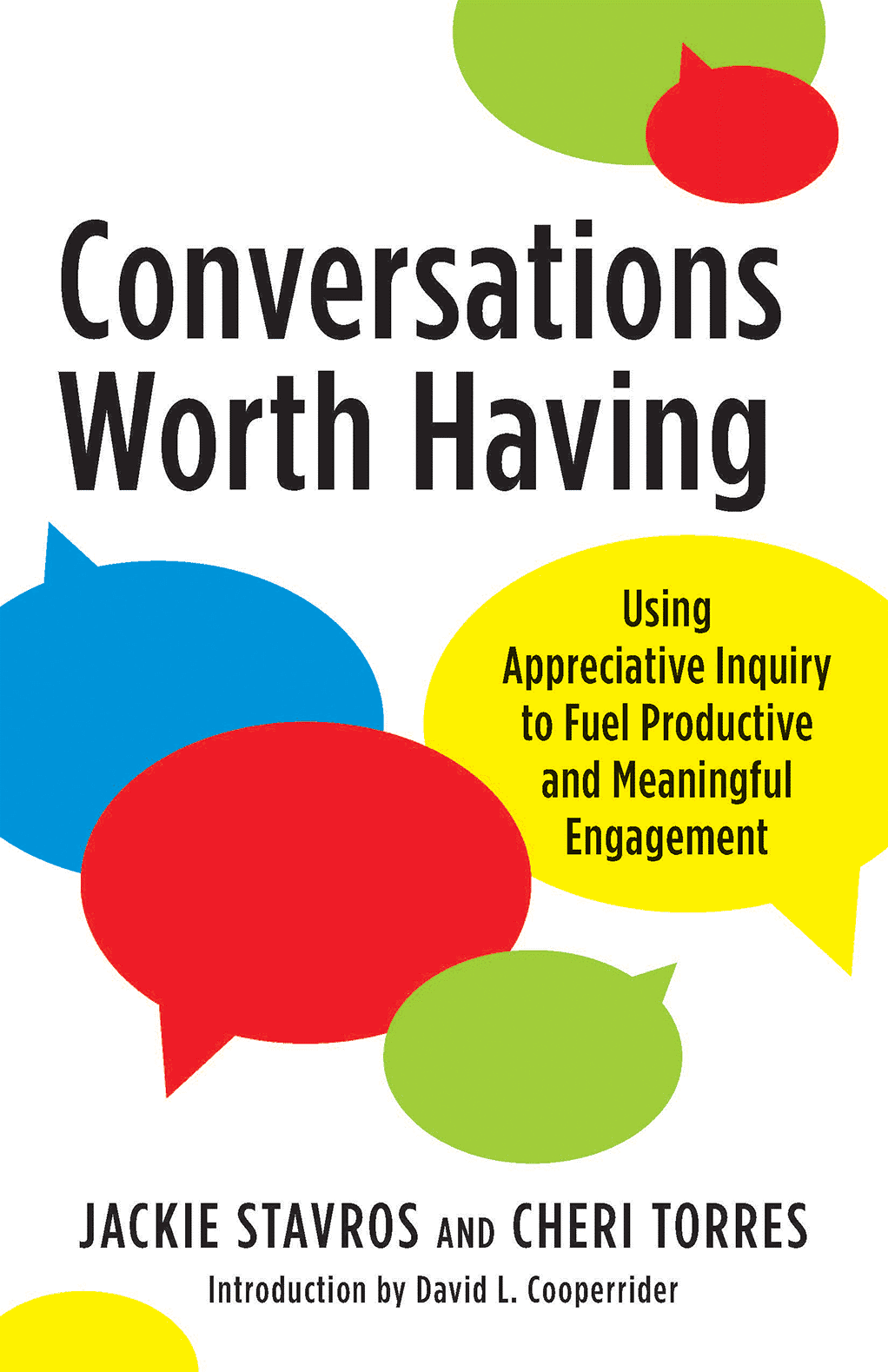
Conversations Worth Having
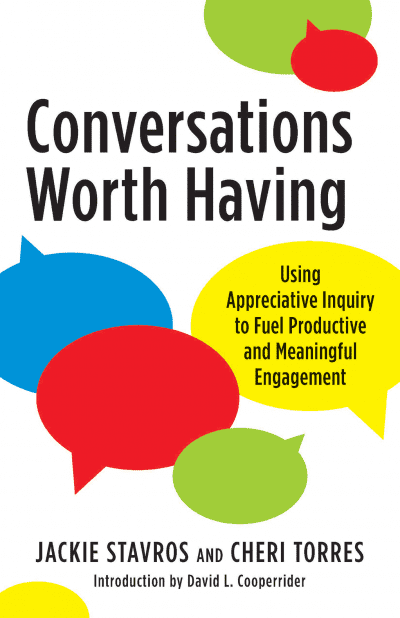 About Conversations Worth Having
About Conversations Worth Having
Conversations Worth Having: Using Appreciative Inquiry to Fuel Productive and Meaningful Engagement
Jackie Stavros and Cheri Torres
2018
“Conversations are at the heart of everything we do. They are key to effective leadership, high performing teams, and strong relationships. We all know that they influence us, but we rarely stop to think about how much they affect our well-being and our ability to thrive. Our conversations directly influence our present moment and possible futures.
Using real-life stories, our book teaches you two simple practices for creating conversations worth having and five principles to support success.
The practices and principles originate from the work of David Cooperrider on Appreciative Inquiry, one of the most widely used approaches for fostering positive change in organizations and communities. The two practices–positive framing and asking generative questions–can to turn any conversation into one worth having. Through real-life stories, you will discover how people are using Appreciative Inquiry and these practices at work, in communities, and in their personal lives. You will learn to use appreciative inquiry-based conversations to help you:
- Discover the best in people, organizations, and the world
- Value all voices and inspire generativity, creativity, and possibilities thinking
- Challenge the status quo and open a world of opportunity
- Fuel productive and meaningful engagement
- Inspire new options for better living
- Help everyone communicate better and flourish in all areas of their lives” (“Conversations Worth Having”, 2018)
Additional Information
Reference
Stavros, J., Torres, C., & Cooperrider, D. (2018). Conversations Worth Having: Using Appreciative Inquiry to Fuel Productive and Meaningful Engagement. Oakland, CA: Berrett-Koehler Publishers, Inc.
Keywords
Appreciative Inquiry, Dialogic Organization Development, Dialogue, Learning Teams, Generative Questions, Name it – Flip it – Frame it
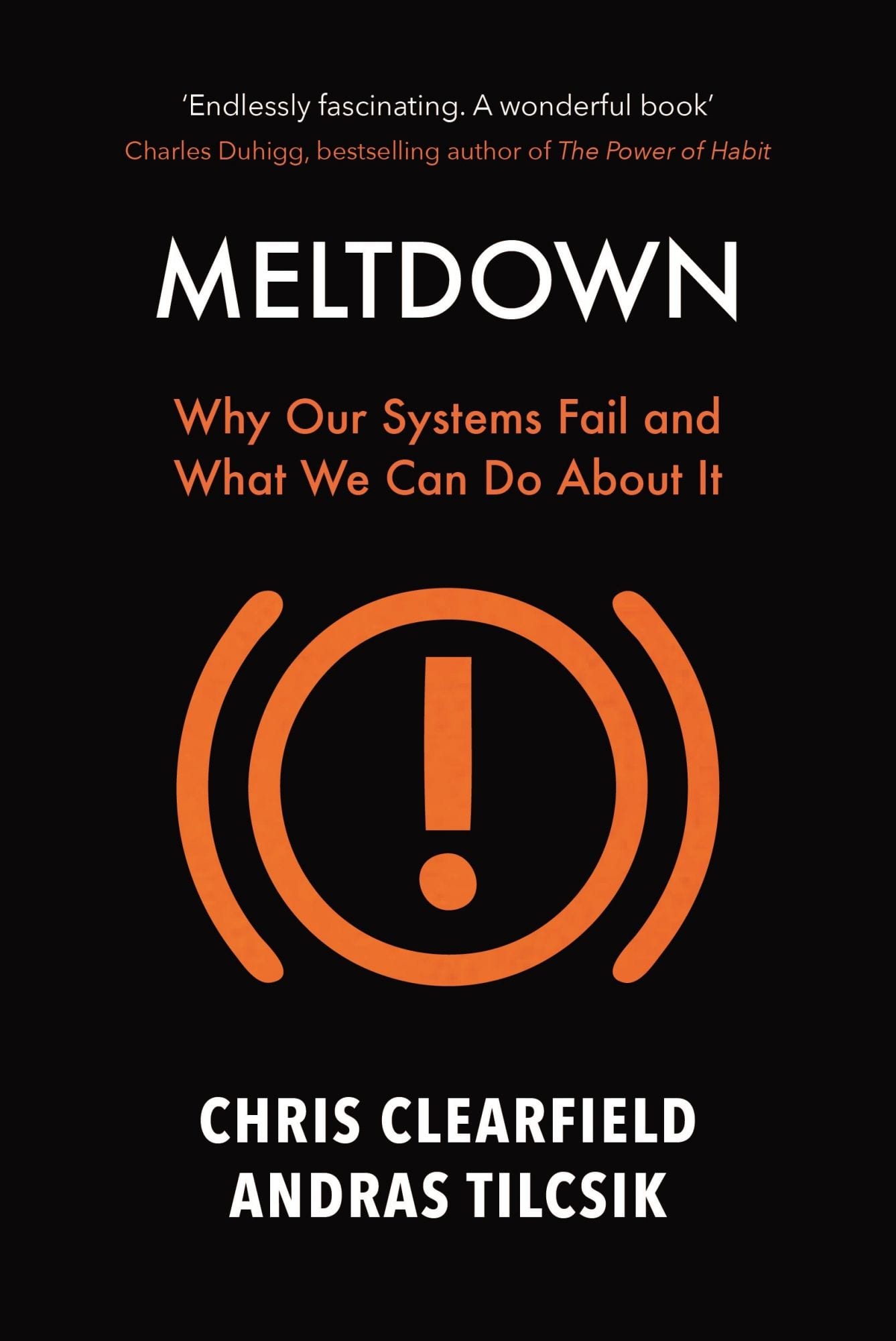
Meltdown
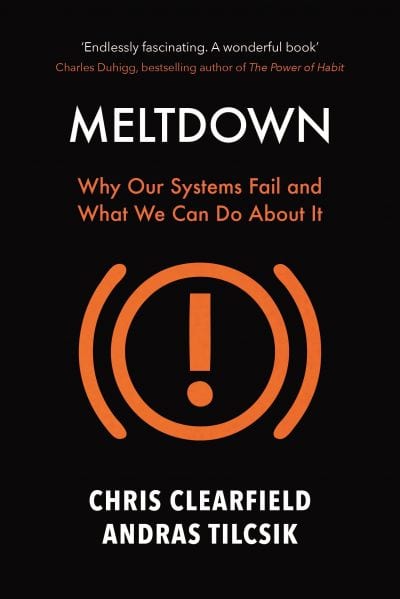 About Meltdown
About Meltdown
Meltdown: Why Our Systems Fail and What We Can Do About It
Chris Clearfield and András Tilcsik
2018
“An accidental overdose in a state-of-the-art hospital. The Post Office software that led to a multimillion-pound lawsuit. The mix-up at the 2017 Oscars Awards ceremony. An overcooked meal on holiday. At first glance, these events have little in common. But surprising new research shows that many modern failures share similar causes.
In Meltdown, world-leading experts in disaster prevention, Chris Clearfield and András Tilcsik, use real-life examples to reveal the errors in thinking, perception, and system design that lie behind both our everyday errors and disasters like the Fukushima nuclear accident. But most crucially, Meltdown is about finding solutions. It reveals why ugly designs make us safer, how a five-minute exercise can prevent billion-dollar catastrophes, why teams with fewer experts are better at managing risk, and why diversity is one of our best safeguards against failure. The result is an eye-opening and empowering book – one that will change the way you see our complex world and your own place within it.”
(“Meltdown”, 2018)
Additional Information
Reference
Clearfield, C., & Tilcsil, A. (2018). Meltdown: Why Our Systems Fail and What We Can Do About It. London: Atlantic Books Ltd.
Keywords
Error, Generalist, Normal Accident Theory, Risk, Systems
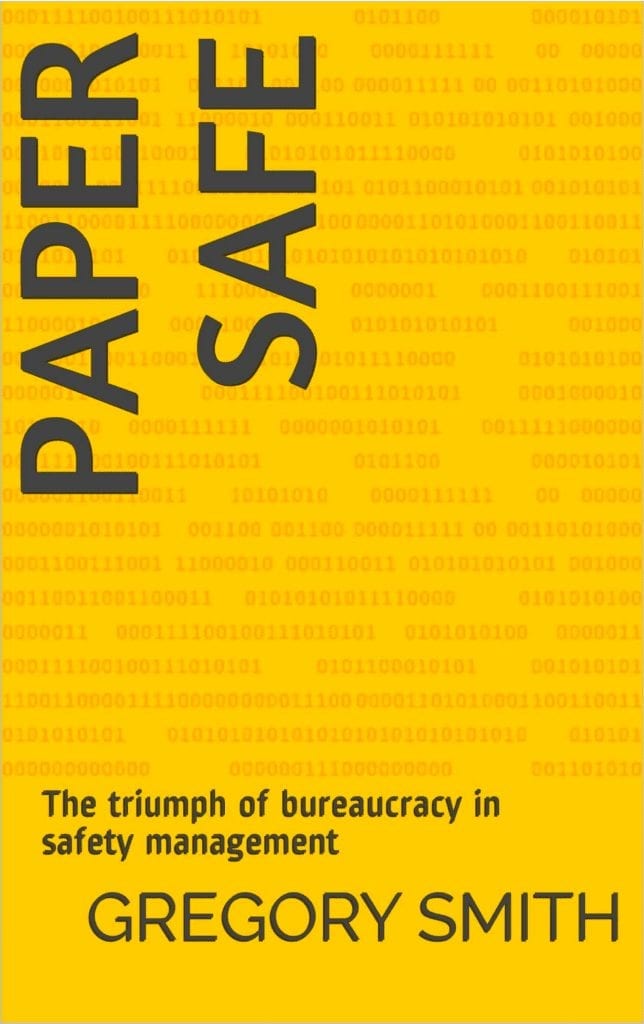
Paper Safe
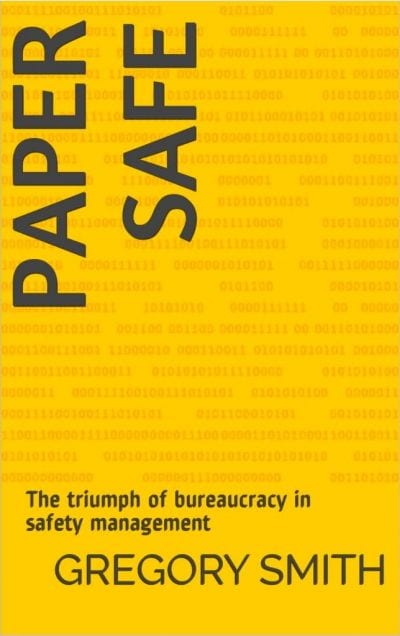 About Paper Safe
About Paper Safe
Paper Safe: The triumph of bureaucracy in safety management
Gregory Smith
2018
“At some point health and safety management seems to have lost its way. Rather than being concerned about protecting workers and others from the hazards associated with business, health and safety management has devolved into a self-perpetuating industry which has driven a wedge between management and the workforce. Health and safety management has become synonymous with trivial rules and burdensome, never ending paperwork.
This book explores the question of bureaucracy in safety management. What is it, and how does it impact organisational goals for health and safety? The book asks what we can do to better understand and deal with bureaucracy in health and safety management, and ultimately what steps we can take to reconnect management, workers and safety processes to achieve the best safety outcomes we can.”
(“Paper-safe”, 2018)
Additional Information
Reference
Smith, G. (2018). Paper Safe: The triumph of bureaucracy in safety management.
Keywords
Bureaucracy, Legal, Process, Purpose, Safety-I and Safety-II

Paper Safe
 About Paper Safe
About Paper Safe
Paper Safe: The triumph of bureaucracy in safety management
Gregory Smith
2018
“At some point health and safety management seems to have lost its way. Rather than being concerned about protecting workers and others from the hazards associated with business, health and safety management has devolved into a self-perpetuating industry which has driven a wedge between management and the workforce. Health and safety management has become synonymous with trivial rules and burdensome, never ending paperwork.
This book explores the question of bureaucracy in safety management. What is it, and how does it impact organisational goals for health and safety? The book asks what we can do to better understand and deal with bureaucracy in health and safety management, and ultimately what steps we can take to reconnect management, workers and safety processes to achieve the best safety outcomes we can.”
(“Paper-safe”, 2018)
Additional Information
Reference
Smith, G. (2018). Paper Safe: The triumph of bureaucracy in safety management.
Keywords
Bureaucracy, Legal, Process, Purpose, Safety-I and Safety-II
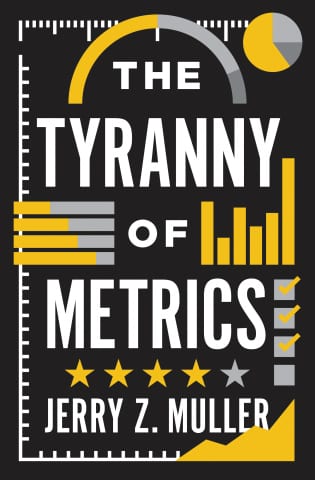
The Tyranny of Metrics
 About The Tyranny of Metrics
About The Tyranny of Metrics
The Tyranny of Metrics
Jerry Muller
2018
“Today, organizations of all kinds are ruled by the belief that the path to success is quantifying human performance, publicizing the results, and dividing up the rewards based on the numbers. But in our zeal to instill the evaluation process with scientific rigor, we’ve gone from measuring performance to fixating on measuring itself. The result is a tyranny of metrics that threatens the quality of our lives and most important institutions. In this timely and powerful book, Jerry Muller uncovers the damage our obsession with metrics is causing—and shows how we can begin to fix the problem.
Filled with examples from education, medicine, business and finance, government, the police and military, and philanthropy and foreign aid, this brief and accessible book explains why the seemingly irresistible pressure to quantify performance distorts and distracts, whether by encouraging “gaming the stats” or “teaching to the test.” That’s because what can and does get measured is not always worth measuring, may not be what we really want to know, and may draw effort away from the things we care about. Along the way, we learn why paying for measured performance doesn’t work, why surgical scorecards may increase deaths, and much more. But metrics can be good when used as a complement to—rather than a replacement for—judgment based on personal experience, and Muller also gives examples of when metrics have been beneficial.
Complete with a checklist of when and how to use metrics, The Tyranny of Metrics is an essential corrective to a rarely questioned trend that increasingly affects us all.”
(“The Tyranny of Metrics”, 2018)
Additional Information
Reference
Muller, J. (2018). The Tyranny of Metrics. Princeton, New Jersey: Princeton University Press.
Keywords
Behavior, Generalist, Metrics, Risk, Systems

The Tyranny of Metrics
 About The Tyranny of Metrics
About The Tyranny of Metrics
The Tyranny of Metrics
Jerry Muller
2018
“Today, organizations of all kinds are ruled by the belief that the path to success is quantifying human performance, publicizing the results, and dividing up the rewards based on the numbers. But in our zeal to instill the evaluation process with scientific rigor, we’ve gone from measuring performance to fixating on measuring itself. The result is a tyranny of metrics that threatens the quality of our lives and most important institutions. In this timely and powerful book, Jerry Muller uncovers the damage our obsession with metrics is causing—and shows how we can begin to fix the problem.
Filled with examples from education, medicine, business and finance, government, the police and military, and philanthropy and foreign aid, this brief and accessible book explains why the seemingly irresistible pressure to quantify performance distorts and distracts, whether by encouraging “gaming the stats” or “teaching to the test.” That’s because what can and does get measured is not always worth measuring, may not be what we really want to know, and may draw effort away from the things we care about. Along the way, we learn why paying for measured performance doesn’t work, why surgical scorecards may increase deaths, and much more. But metrics can be good when used as a complement to—rather than a replacement for—judgment based on personal experience, and Muller also gives examples of when metrics have been beneficial.
Complete with a checklist of when and how to use metrics, The Tyranny of Metrics is an essential corrective to a rarely questioned trend that increasingly affects us all.”
(“The Tyranny of Metrics”, 2018)
Additional Information
Reference
Muller, J. (2018). The Tyranny of Metrics. Princeton, New Jersey: Princeton University Press.
Keywords
Behavior, Generalist, Metrics, Risk, Systems

